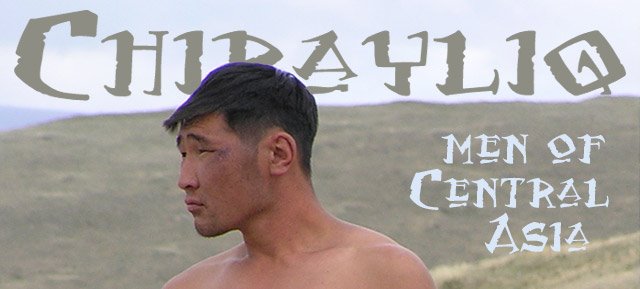
The video is for the song "Prayer of the Refugee" (2006). While the song is obviously about refugees, the video, directed by Tony Petrossian, instead focuses on American consumerism and unfair trade. The band members break into a hypermarket at night, get anxious about all the alienation and value added, and eventually thrash the place in frustration. These scenes are intermingled with scenes of people, some of them children, in far-off parts of the world, producing the things that are on sale in the hypermarket.

One of them is this cute guy in a textile factory.

I was excited when I discovered a "making of" film about this video on the official website of Rise Against. I was hoping I could find out something about this guy, but unfortunately the "making of" focused entirely on the scenes with the band members in the hypermarket. So, I guess that even in the making of this music video, the dead cold grip of alienation between the producers and the consumers of goods could not be broken ...
At least in a couple of seconds at the very end of the "making of" film, frontman Tim McIlrath was allowed to explain a little bit about surplus value.




Watch the video.










